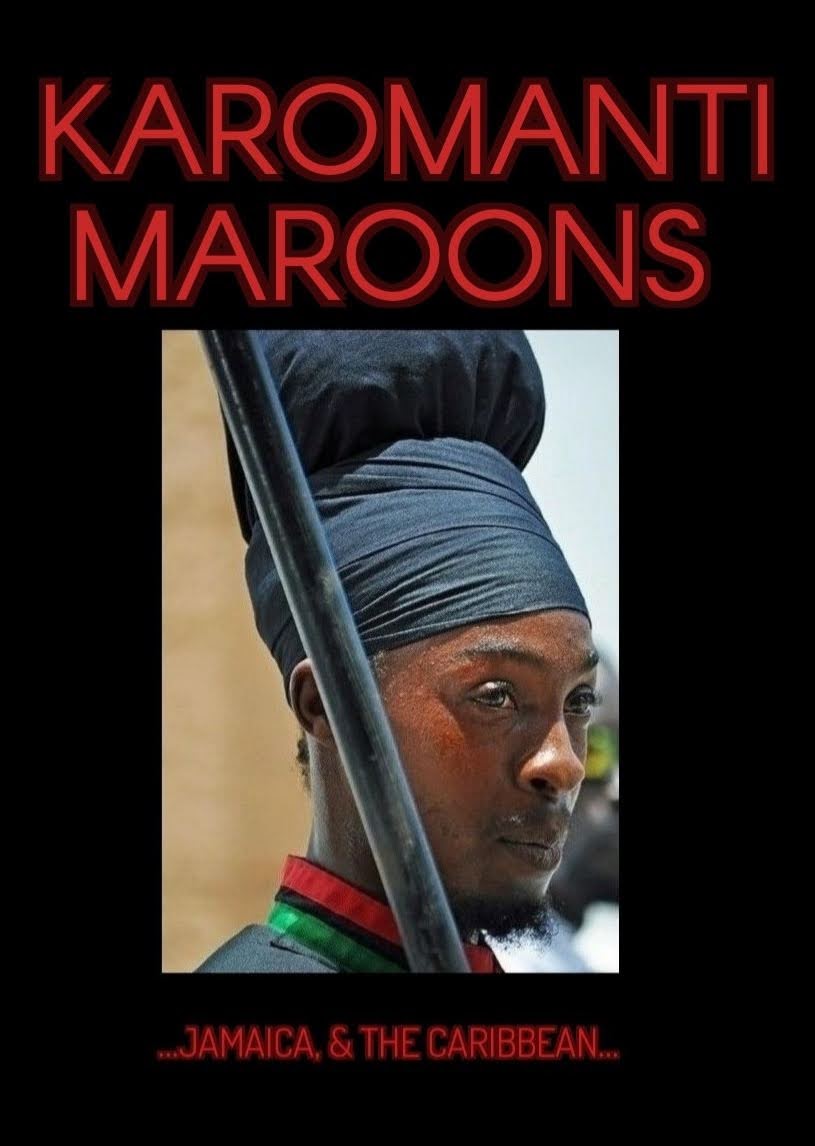LEVI The Maroons
Jamaican Maroons descend from Africans who freed themselves from slavery on the Colony of Jamaica and established communities of Free black people in Jamaica in the mountainous interior, primarily in the eastern parishes. Africans who were enslaved during Spanish rule over Jamaica (1493–1656) may have been the first to develop such refugee communities.
Jamaican Maroons
Regions with significant populations JamaicaLanguages
Jamaican Patois, KromantiReligionJamaican Maroon religionRelated ethnic groups
Coromantee, Jamaicans of African descent, Maroon people
The English, who invaded the island in 1655, exploited the labor of enslaved Africans to profit from their sugar-cane plantations. Africans in Jamaica continually resisted enslavement, with many who freed themselves becoming maroons. The revolts disrupted the sugar economy in Jamaica and made it less profitable. The revolts decreased after the British government signed treaties with the Leeward Maroons in 1739 and the Windward Maroons in 1740, which required them to support the institution of slavery. The importance of the Maroons to the colonial authorities declined after slavery was abolished in 1838.
The Windward Maroons and those from the Cockpit Country resisted conquest in the First Maroon War (c. 1728 to 1740), which the government ended in 1739–1740 by making treaties to grant lands and to respect maroon autonomy, in exchange for peace and aiding the colonial militia if needed against external enemies. Tension between British colonial Governor Alexander Lindsay, 6th Earl of Balcarres, and the majority of the Leeward Maroons resulted in the Second Maroon War from 1795 to 1796. Although the governor promised leniency if the maroons surrendered, he later betrayed them and, supported by the Assembly, insisted on deporting just under 600 Maroons to British settlements in Nova Scotia, where British slaves who escaped from the United States were also resettled. The deported Maroons were unhappy with conditions in Canada, and in 1800 a majority left, having obtained passage to Freetown, eight years after the Sierra Leone Company established it in West Africa (in present-day Sierra Leone)

